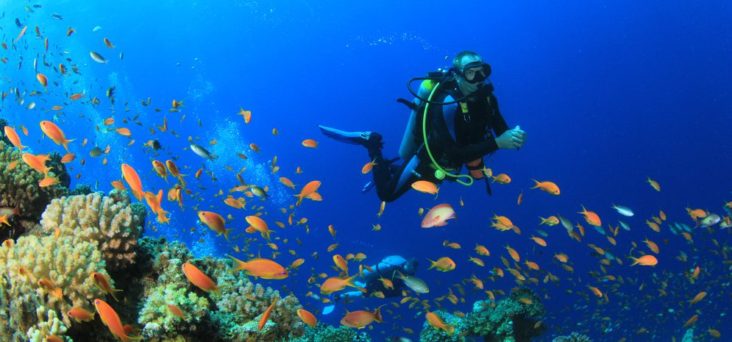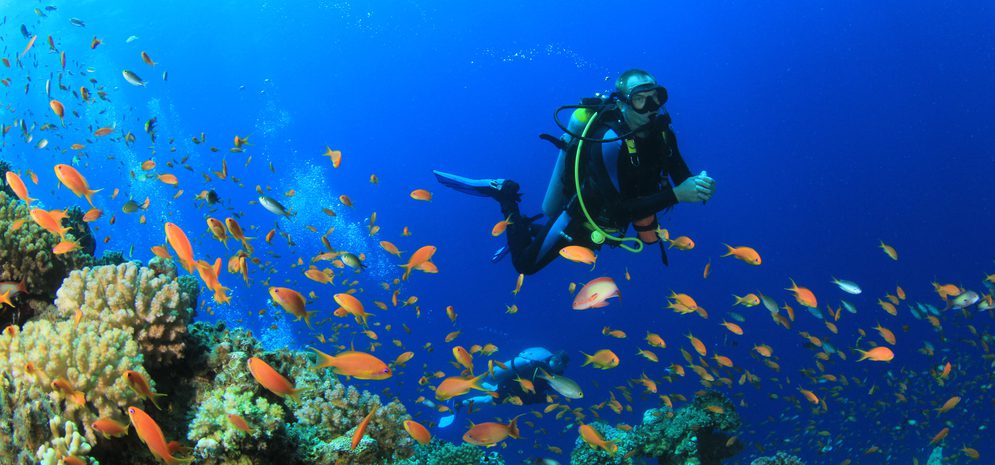Over the years I’ve seen a few patients whose TMJ symptoms started while scuba diving. Some had been diving for a longer time, while other patients it occurred on their first open water dive.
A recent article [1] surveyed divers regarding dental pain and reported barodontalgia (tooth ache from ambient pressure change) in 42% of divers, Pain from holding the regulator too tight in 24% and TMJ pain in 22%. I would suggest that the pain from holding too tight might refer to TMJ muscle or joint referred pain. It didn’t differentiate that pain. It also reported 22% specific pain in the TMJ. Potentially the 2 categories would suggest that TMJ or TMJ muscle pain occurs around 50% of the time in scuba divers of all levels.
Clenching tight on a mouthpiece can induce a lot of sustained pressure in the TMJ. No joint is designed for long term loading. If someone clenches while diving for an hour or so, it will compress most of the lubricating fluid from the TMJ disc (this is called exhaustion of weeping lubrication).
This creates areas on the disc that stick to the bony socket and upon moving the jaw, the disc itself can tear or it can tear the ligaments. This will typically cause a sharp pain and then feel like the joint is swollen. If the disc ligaments are damaged, the TMJ disc can slip and begin to click or the jaw may lock and not be able to move well.
If your bite feels off after scuba diving, it can be from a muscle cramp. The best thing is to let the jaw slowly re-align over 20-30 minutes. Don’t try to bite hard to get the teeth to touch. Avoid any heavy chewing until the bite returns to normal. Attempting to clench and get your teeth to touch could damage the joint irreversibly.
If the bite doesn’t get back to normal, have your TMJ evaluated by someone specializing in TMJ disorders to determine the nature of the problem and give you options to correct it. Adjusting the bite (occlusion) wouldn’t be the first line of treatment, but might be considered later.
[1] Dental Abstracts; Nov-Dec 2017, V62: Dental Pain When Diving





